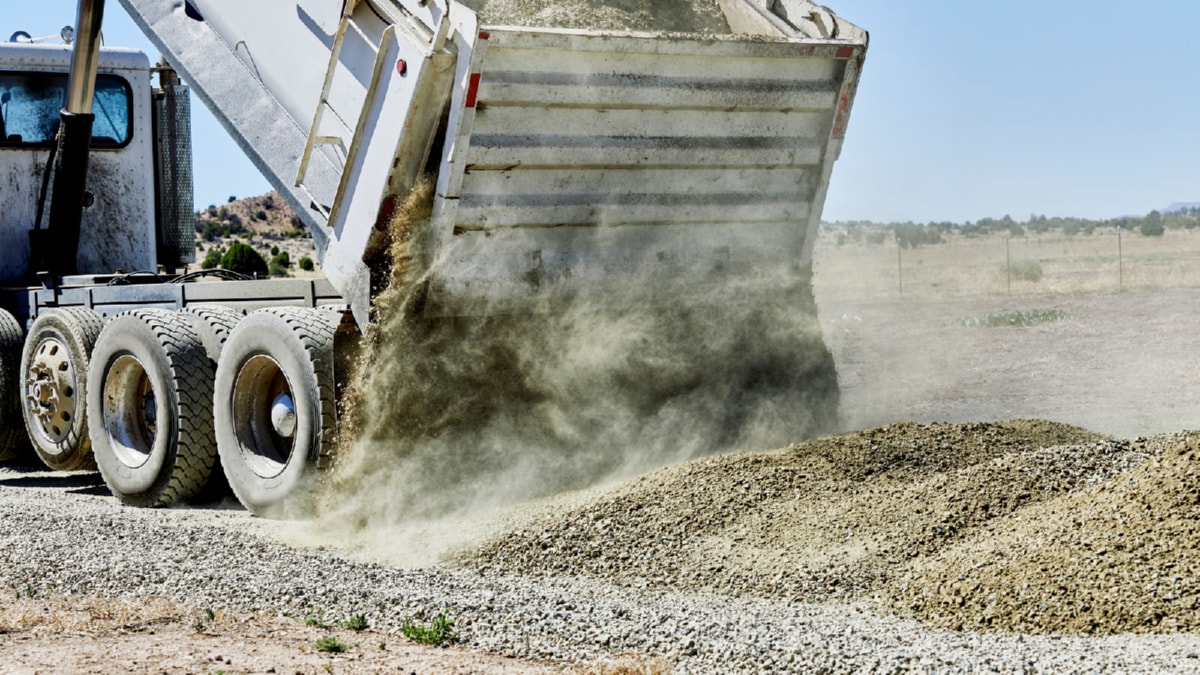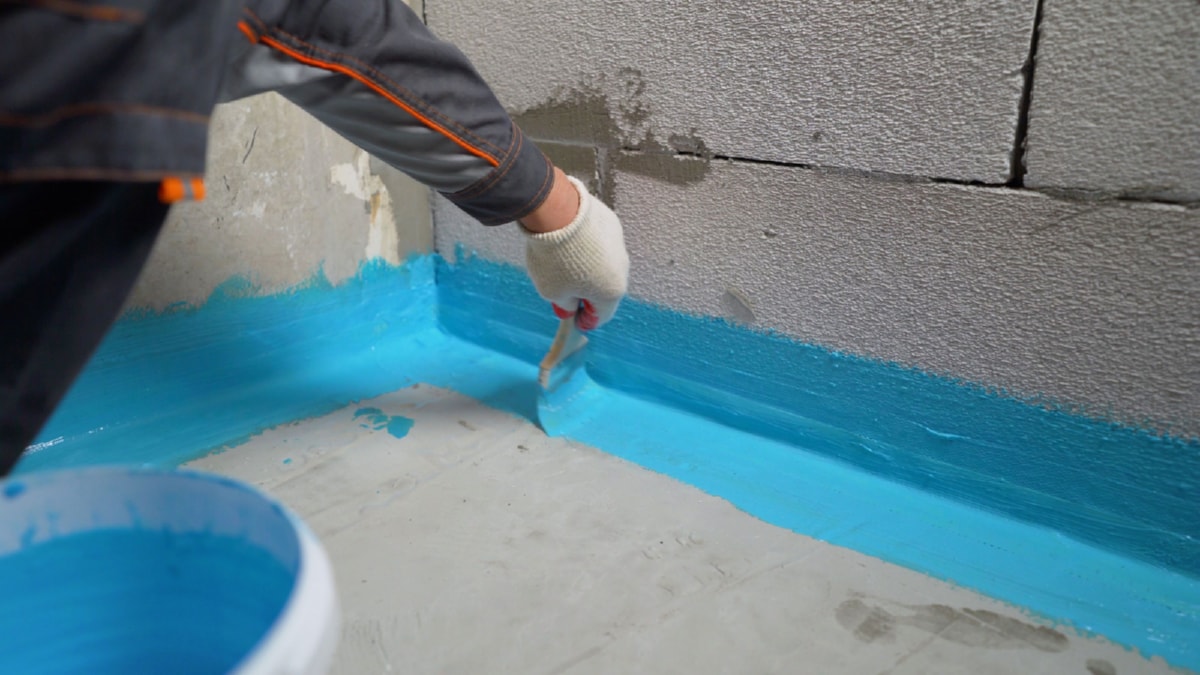Choosing the Right Construction Equipment: A Detailed Guide
The construction industry is wide-ranging, with numerous tasks requiring specialized equipment. Selecting the right equipment for your construction project is crucial. It can influence the project’s efficiency, cost-effectiveness, and overall success.
Before purchasing any equipment, it’s imperative to grasp your project’s nature and requirements. Take into account the size and scope of your project, as well as the terrain and weather conditions. A large-scale construction project may require heavy-duty machinery, while smaller projects may only need light equipment.
Then, consider the cost of the equipment. Do not forget that the most expensive equipment is not always the best choice. Take into account the equipment’s maintenance costs, fuel consumption, and lifespan. Also, consider whether it is more cost-effective to buy or rent the equipment, depending on the project’s duration.
Lastly, look into the equipment’s technology. Modern construction equipment often comes with advanced features that can boost productivity and efficiency. For example, GPS tracking can help in fleet management, while automated controls can improve precision.
Understanding Sustainable Construction: Key Aspects
Sustainable construction is becoming a significant trend in the construction industry, striving to minimize environmental impact and create healthier living spaces.
One of the main aspects of sustainable construction is using eco-friendly materials. These materials are either locally sourced, recycled, or have minimal carbon footprints. They not just reduce environmental impact but also contribute to healthier indoor air quality.
Another crucial aspect of sustainable construction is energy efficiency. This can be achieved through efficient insulation, use of renewable energy sources like solar power, and installing energy-efficient appliances.
Water conservation is essential also a key component of sustainable construction. It includes using low-flow fixtures, rainwater harvesting systems, and efficient irrigation techniques.
Lastly, sustainable construction also involves waste management. It aims to minimize construction waste and implement recycling practices wherever possible.
In conclusion, choosing the right construction equipment and adopting sustainable construction practices is vital in today’s construction industry. It not only improves efficiency and cost-effectiveness but also contributes to the creation of healthier and more environmentally friendly spaces.
For more details, check best Insulation Solutions in Waterford or visit their Insulation Services Waterford business listing here.



